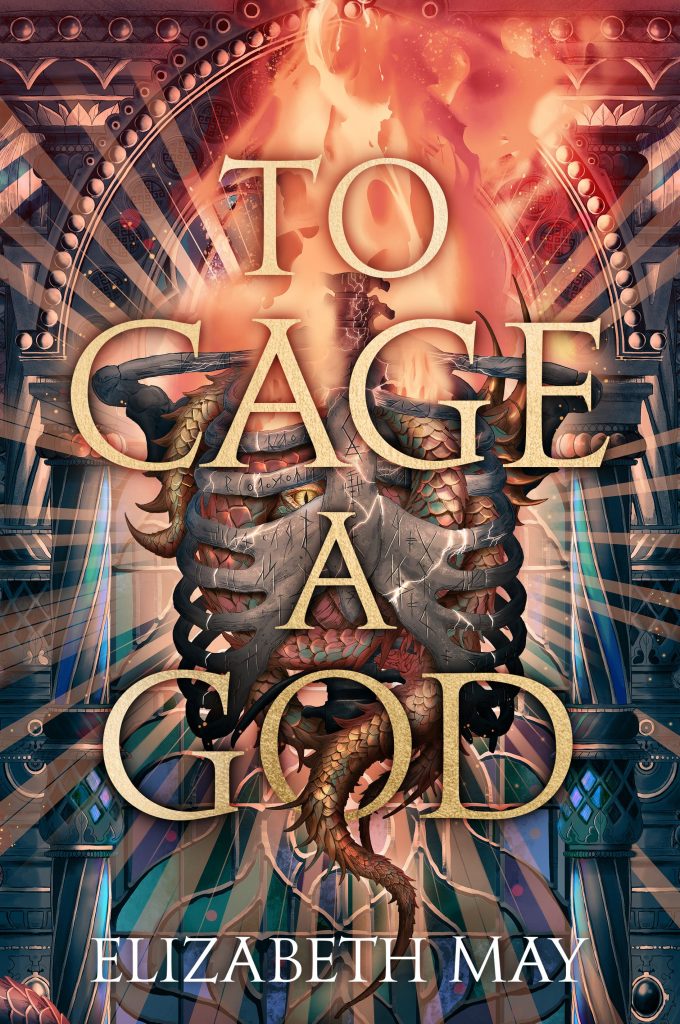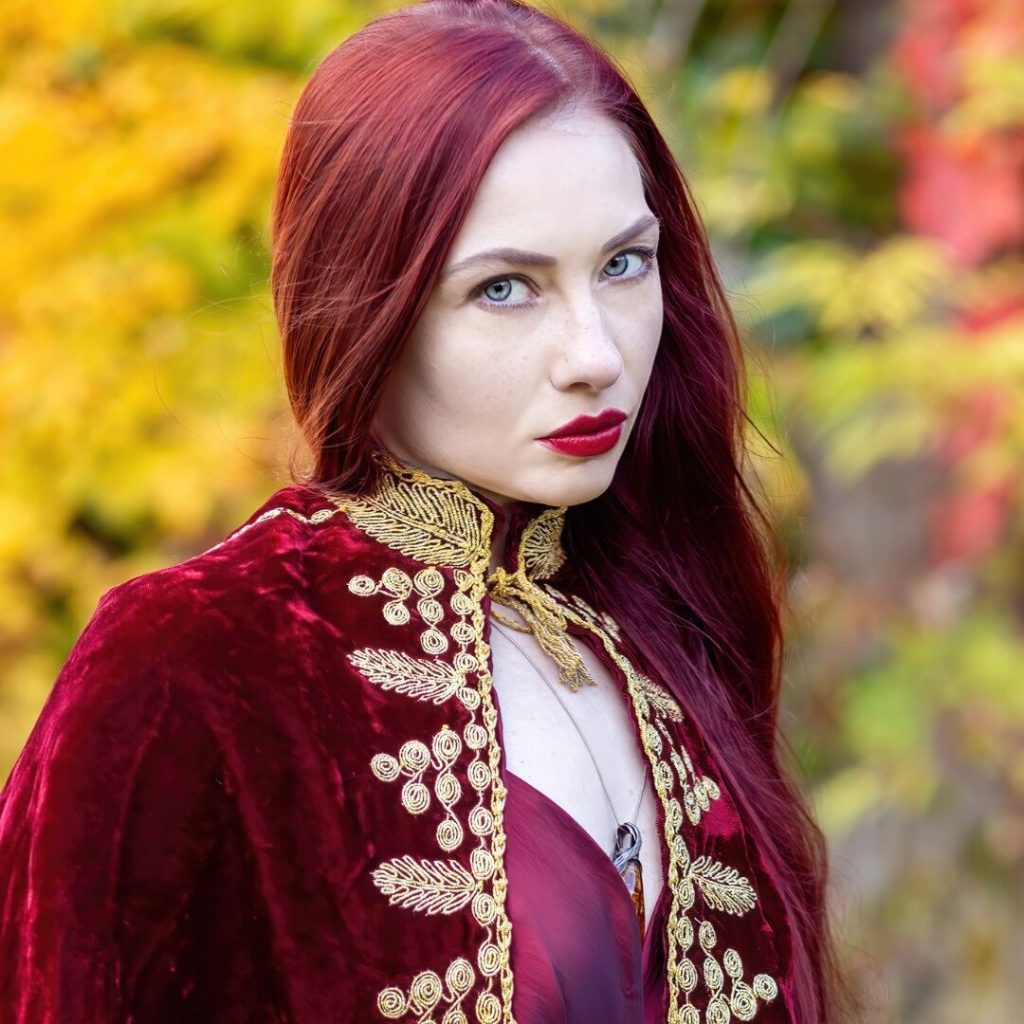To Cage a God combines two things that fascinate me: Russian history and mythology. The book’s backdrop of a brewing people’s revolt against a magically gifted upper class evokes some parallels to the real-world tensions surrounding the decline of the Russian empire and the House of Romanov. However, the story also explores themes around the ethical uses of power, the traumatic legacy of violence, and folklore as a framing device for autonomy.
 In my book, the rebellion draws inspiration from real-life anarchist movements around the turn of the 20th century. Groups like the Narodnaya Volya (People’s Will) argued for violence as an inevitable and justified response to oppression and directly targeted imperial leaders to catalyse regime change. The moral debate around acceptable casualties and collateral damage in service of the ‘greater good’ is at the heart of To Cage a God. If the ends justify the means, how far would you go? While the characters are the traumatised victims of government atrocities, some slip into ruthlessness and place ideology over personal conscience, relationships, love, and family.
In my book, the rebellion draws inspiration from real-life anarchist movements around the turn of the 20th century. Groups like the Narodnaya Volya (People’s Will) argued for violence as an inevitable and justified response to oppression and directly targeted imperial leaders to catalyse regime change. The moral debate around acceptable casualties and collateral damage in service of the ‘greater good’ is at the heart of To Cage a God. If the ends justify the means, how far would you go? While the characters are the traumatised victims of government atrocities, some slip into ruthlessness and place ideology over personal conscience, relationships, love, and family.
Class resentment over endemic economic inequality also features prominently as motivation for the brewing uprising, given the vast disparity between aristocratic excess and the grinding poverty most citizens endure. This system of entrenched inequality, where the nobility enjoys almost unimaginable opulence and comfort from the fruits of labour extracted from the scarred backs of the impoverished masses, became my model for conceptualising the staggering class divides central to the world I built.
While the story occurs against the backdrop of an imperial Russia inspired world, the magic system explores themes of autonomy and agency. To Cage a God draws inspiration from Slavic folklore on the zmei (dragons/serpent spirits). In Russian legend and fairy tales, zmei often appear as villains. In To Cage a God, their behaviour is dictated by the human noble hosts to whom they’re bound. The dragon spirits are worshipped as gods in this fantasy world, but they’re also trapped inside the bodies of aristocratic ruling families against their will, their magic hijacked and exploited to maintain authoritarian control.
Sera and her foster sister Galina occupy an uncomfortable middle ground as wielders of dragon magic, yet they’re victims pressured into service against their will. Their access to power comes through immense childhood trauma and bodily violation rather than privilege, complicating the ethical questions around the use of force. So much of their story and characterisation involves reclaiming power on their own terms rather than switching out one authoritarian system for another that denies self-determination.
Ultimately, it was crucial for me to ground the fantasy aspects of this novel and its folkloric basis in real-life history touchpoints and to channel this through the relationships between characters, especially through the central romances that develop. I want readers to care about the emotional journey and bond between sisters, between rebels, and in the love story between two women from opposing sides—one an ostracised noble, the other a disillusioned rebel. I drew inspiration from my cultural heritage, but I hope the fusion of history and folklore, the characters, and their moral dilemmas come to life as universal.
About The Author
Elizabeth May is a Sunday Times bestselling author of science fiction and fantasy novels, including Seven Devils, Seven Mercies, and the Falconer trilogy, and historical romances under the pen name Katrina Kendrick. She writes about monsters and monster slayers, empire destroyers and rebellions, assassins, and spies. Sometimes they live in palaces, and sometimes they live in the stars, and some of them fall in love. @_ElizabethMay

About To Cage a God
Using ancient secrets, Galina and Sera’s mother grafted gods into their bones. Bound to brutal deities and granted forbidden power no commoner has held in a millennia, the sisters have grown up to become living weapons. Raised to overthrow an empire―no matter the cost.
With their mother gone and their country on the brink of war, it falls to the sisters to take the helm of the rebellion and end the cruel reign of a royal family possessed by destructive gods. Because when the ruling alurea invade, they conquer with fire and blood. And when they clash, common folk burn.
Published through Daphne Press 20 February 2024 in HB £18.99

